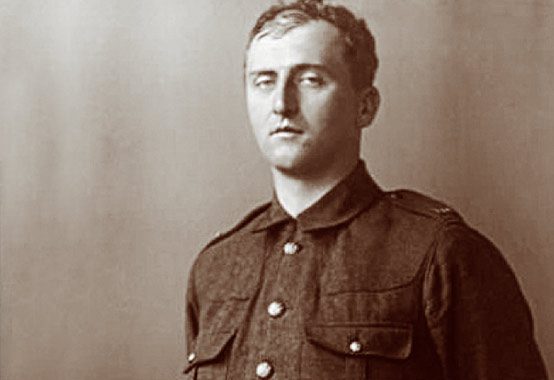| Helen Frost [pic courtesy of Macmillan] |
Helen Frost's Keesha's House (2007), which I learned of via Annie Finch, is a "young adult verse novel" (sestinas & sonnets) about how tough it is to be a teen. Wonderfully done.
from Louis Menand’s “Afterword, 2007: Anti-modern Eliot” in Discovering Modernism: T. S. Eliot and His Context (1987):
I think that
literature is a report on experience, but I do not think that it is a
privileged report on
experience, and I do not think that it requires “close reading,”
or closer reading than anything else requires, to be understood and
appreciated. . . .
In “A Tory Philosophy” (1912), [T. E.] Hulme — following, he says [Pierre] Lasserre and [Charles] Maurras — contrasts a Rousseauistic romantic view, which he defines as the belief that “man, the individual, is an infinite reservoir of possibilities, and if you can so rearrange society by the destruction of oppressive order then these possibilities will have a chance and you will get Progress,” with “its exact opposite,” the classical view, which holds that “[m]an is an extraordinarily fixed and limited animal whose nature is absolutely constant. It is only by tradition and organization that anything decent can be got out of him.” . . .
 |
| T. E. Hulme [pic courtesy of The American Conservative] |
In “A Tory Philosophy” (1912), [T. E.] Hulme — following, he says [Pierre] Lasserre and [Charles] Maurras — contrasts a Rousseauistic romantic view, which he defines as the belief that “man, the individual, is an infinite reservoir of possibilities, and if you can so rearrange society by the destruction of oppressive order then these possibilities will have a chance and you will get Progress,” with “its exact opposite,” the classical view, which holds that “[m]an is an extraordinarily fixed and limited animal whose nature is absolutely constant. It is only by tradition and organization that anything decent can be got out of him.” . . .
[from Julien Benda’s Belphégor: Essai sur l’esthétique de la
présente société francaise (1918)]: [A]ll the literary attributes exalted by contemporary aesthetics are those with which women are most highly endowed, and
which form a kind of monopoly of their sex; absence of general ideas,
cult of the concrete and circumstantiated, swift and entirely
intuitive perception, receptiveness to sentiment alone, interest
centered on the self, the deepest, most intimate and most
incommunicable self, etc. . . . The modern aesthetic is entirely made
for women. Men struggle. Many try to imitate the literature of their
rivals. Alas! They must succumb; there is a degree of
unintellectuality and shamelessness to which they will never attain.
. . .
For Eliot, the exclusion of “free-thinking Jews” from the ideal community share a homogenous cultural and religious tradition, and secondly of his desire that the tradition be Christian.
For Eliot, the exclusion of “free-thinking Jews” from the ideal community share a homogenous cultural and religious tradition, and secondly of his desire that the tradition be Christian.
 |
| Zbigniew Herbert [pic courtesy of The Book Haven] |
from Zbigniew Herbert’s Still Life with Bridle (1993):
I also
patiently polished winding steps in the towers of Italian city halls
and churches. But my efforts were rewarded only with something that
could be called “a torso of a landscape” — splendid, of course
splendid fragments. Later they became pale and I arranged them in my
memory like postcards, these deceitful images with false colors and
false light, untouched by emotion. . . .
In a state of
alienation the eyes react quickly to objects and banal events that do
not exist for the practical eye. I am surprised by the color of
mailboxes . . .
For me nature
that lacks compassion is the most beautiful: a cold world in another
world. . . .
A good Sunday: garden walk, bicycle ride, melon harvest, cloudy & rainy, eating, napping. A little rabbit came to see us.
Now I'm making fresh jook from brown rice, almonds, carrot, cinnamon, coriander, curry, garlic, ginger, golden & black raisins, olive oil, onion, sage, spaghetti squash, tomato, zucchini, salt, pepper, & water. I throw it all in a pot & cook for at least two hours, until it's leaning toward mush.
Now I'm making fresh jook from brown rice, almonds, carrot, cinnamon, coriander, curry, garlic, ginger, golden & black raisins, olive oil, onion, sage, spaghetti squash, tomato, zucchini, salt, pepper, & water. I throw it all in a pot & cook for at least two hours, until it's leaning toward mush.


fresh jook sounds like something I want right now! I also want those gardens and that little rabbit.
ReplyDeleteI think I've had quite enough T.S. Eliot however.
YOu sound good, my dear jook maker. I am still organizing myself into consciousness. My head clears more with every file I toss, with every surface I polish. Life is good.